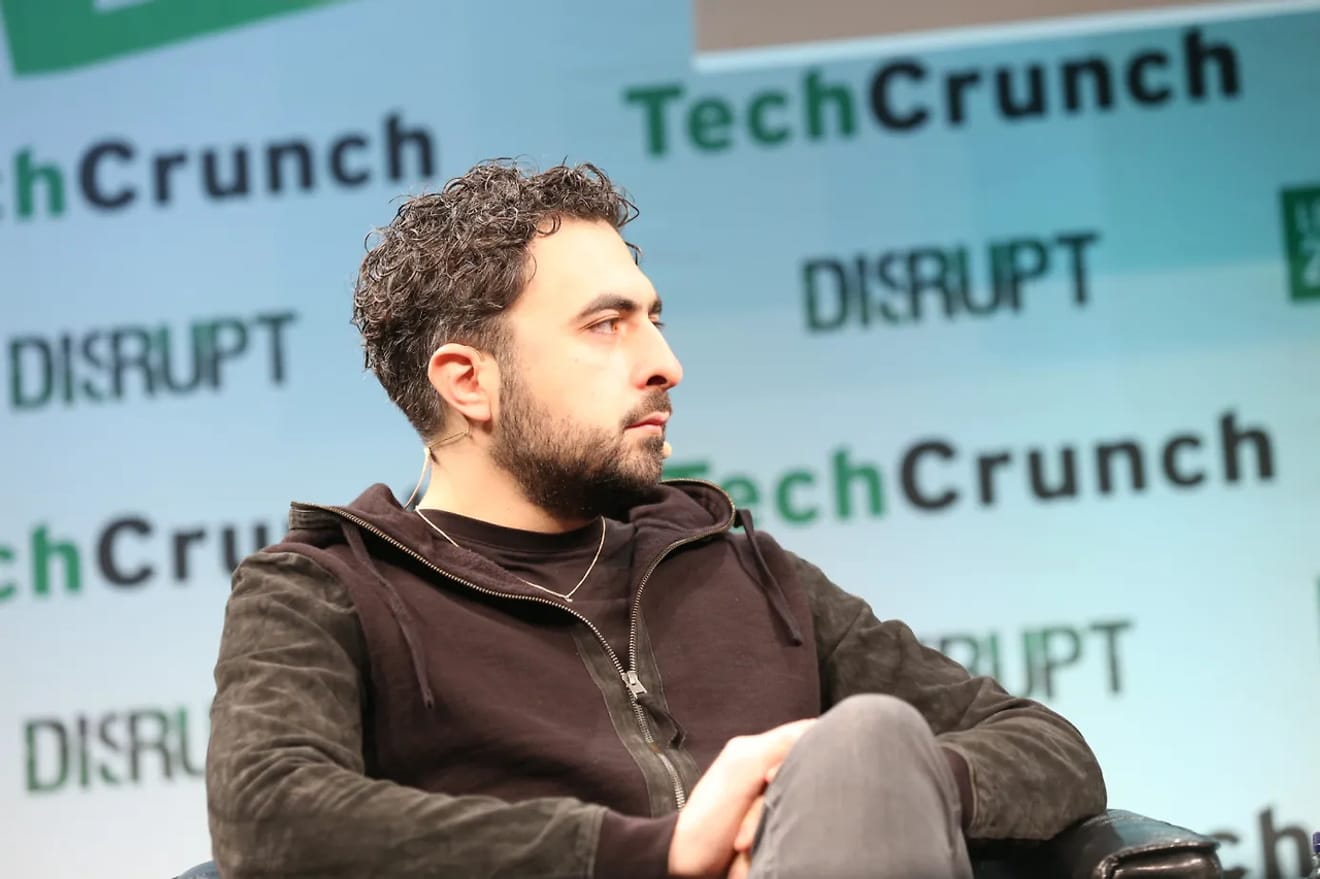Last week, MS (Microsoft) announced the hiring of Mustafa Suleyman, co-founder of the renowned AI startup Inflection AI. This news is intriguing for two reasons. Mustafa Suleyman is the founder of Google DeepMind, known to us for 'AlphaGo,' and Inflection, which he has newly led with the goal of 'more personalized AI,' secured $1.3 billion in investment in June of last year, with MS being the key investor at the time.

As is known, MS announced that it would recruit Sam Altman, CEO of Open AI, as the head of its AI research team just hours after he was ousted due to opposition from management in November last year. Although Altman's return to Open AI was confirmed a few days later, making it a non-issue, the fact that MS was also the largest shareholder of Open AI, along with its active investment in Inflection and the announcement of the hiring of its founder after just nine months, confirms MS's aggressive stance toward industry leaders. In particular, MS is investing in applying AI to consumer-friendly products such as Windows and the Bing search engine, making this another example that demonstrates the need for competition in securing AI talent and the importance of developing expertise in this field.
As MS and other large tech companies are competitively focusing on AI, a natural question arises. Will AI technology take away jobs from new recruits? Recently, among parents, discussions about the most suitable field of study for their children who are about to enter university have been surging, reflecting widespread concerns about the impact of AI on future jobs.
Typical tasks that are already being replaced by AI in the workplace include responding to basic customer support inquiries through chatbots, business development through cold emailing, and roles like junior software engineers who write basic code or fix minor errors. Considering that these tasks have historically been in high demand and suitable for entry-level positions with minimal experience, it seems likely that these entry-level roles will be 100% performed by artificial intelligence in the near future. This change validates parents' concerns about their children's future careers and the relevant expertise needed for them to take on entry-level positions in the near future.
However, the changes in the job market due to the advancement of AI are not simply a matter of concern. They also have the potential to offer new opportunities for both skilled professionals and new recruits.
New recruits generally lack a comprehensive understanding of the overall structure and importance of tasks, often leading them to learn even seemingly unnecessary information from the ground up. This can lower overall work efficiency. On the other hand, experienced employees can infer uncertain information and only verify essential aspects before proceeding with the task, allowing them to focus and immerse themselves in core tasks. This means that new recruits may have even more opportunities to actively utilize the capabilities of AI to quickly approach the roles of experienced employees.
New recruits can leverage AI tools like ChatGPT to accelerate their learning curve. By asking in-depth questions about project outcomes and simulating the entire project process beforehand, they can quickly gain insights that would typically require months or years of experience. For experienced employees, AI can relieve them of mundane and repetitive tasks, freeing up more time to focus on complex and valuable core tasks. These changes not only enhance productivity but also assist in developing expertise in areas that cannot be replaced by AI.

In an era on the cusp of widespread AI integration, preparing for the changing job landscape is both a challenge and an opportunity. The most common keywords related to the future of work in the context of artificial intelligence are 'replacement' and 'innovation.' Naturally, predicting the specific level of future changes is impossible. However, when individuals follow the trend, it's clear that focusing on how to accelerate their existing career growth process, rather than the vague anxiety that AI will replace jobs, is a better choice.
References
Comments0